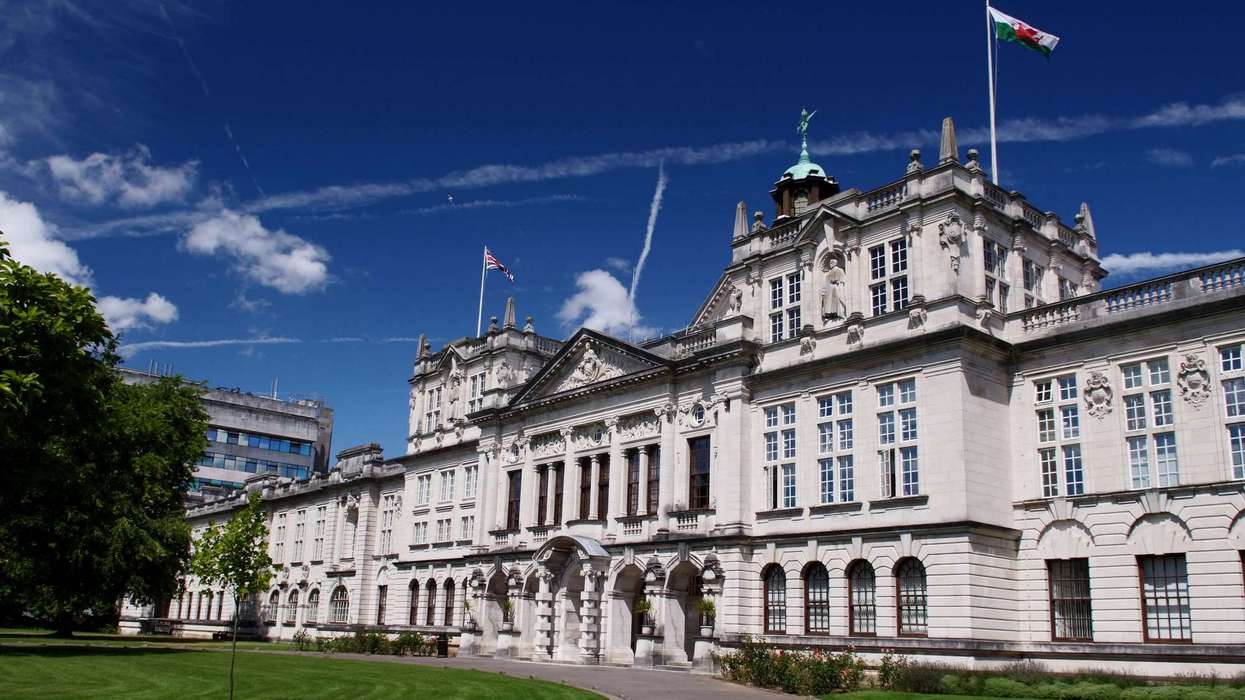For the majority of Asia Bibi's life she lived in obscurity like many of Pakistan's downtrodden Christian minority, until a blasphemy allegation saw her sentenced to death in a case that divided the nation.
She was thrust into the spotlight in deeply conservative Muslim Pakistan, where even unsubstantiated accusations of disrespecting Islam can provoke death at the hands of mobs.
The allegations against Bibi date back to 2009, when Muslim field labourers who were working alongside refused to share water with her because she was Christian.
An argument broke out and a Muslim woman later went to a local cleric and accused Bibi of committing blasphemy against the Prophet Mohammed -- a charge punishable by death under legislation that rights groups say is routinely abused to target religious minorities and settle personal scores.
Bibi was convicted and sentenced to hang in 2010, despite her advocates maintaining her innocence and insisting the argument was a personal dispute.
The illiterate, Christian mother has been behind bars in a prison in central Pakistan's Multan ever since, spending years in a cramped windowless cell during periods of solitary confinement.
Her husband Ashiq Mesih told AFP earlier this year that life in their home country was a struggle for the family under the blasphemy laws.
"Living in Pakistan for us is very difficult. We don't go out of our home and if we go, we come out very carefully," he said.
Their daughters Esham and Esha, who is mentally and physically disabled, were forced to live away from their father for some time over safety fears.
- 'Justice prevailed' -
Bibi's plight drew the attention of international rights groups and quickly evolved into the most high-profile case in the country, with Pope Benedict XVI calling for her release in 2010.
Her case was also championed by liberal provincial governor Salmaan Taseer, who spoke out in support of Bibi and against intimidation by religious hardliners in repeated television appearances.
Taseer was later gunned down in broad daylight in Islamabad in 2011 by one of his own bodyguards who cited the governor's position on reforming the country’s blasphemy laws as the motive.
The state hanged his assassin Mumtaz Qadri in 2016 in a Supreme Court decision that was hailed by progressives, but brought hardliners into the streets supporting Qadri and demanding Bibi's death.
For years, Bibi, who has asthma, continued to languish in prison even after her appeal reached the Supreme Court in 2014.
On Wednesday, Pakistan's chief justice said her conviction had been "reversed".
Leading rights groups welcomed the decision even as religious extremists launched protests across the country and swarmed the streets in Islamabad, Lahore and Karachi closing down key roads.
"This is a landmark verdict," said Omar Waraich, Deputy South Asia Director at Amnesty International.
"Justice has finally prevailed. The message must go out that the blasphemy laws will no longer be used to persecute the country’s most vulnerable minorities."
Bibi was set for immediate release following the Supreme Court's ruling. However, officials had yet to say if there was any security arrangements for her protection or if she was planning to leave Pakistan.
Freedom in Pakistan for Bibi would likely mean a life under threat by hardliners who have long called for her death.
But even with an uncertain future, Bibi says the acquittal was an answered prayer.
"I had dreamed that the walls of the prison are falling apart," Bibi told AFP by phone. "I can't believe it."



